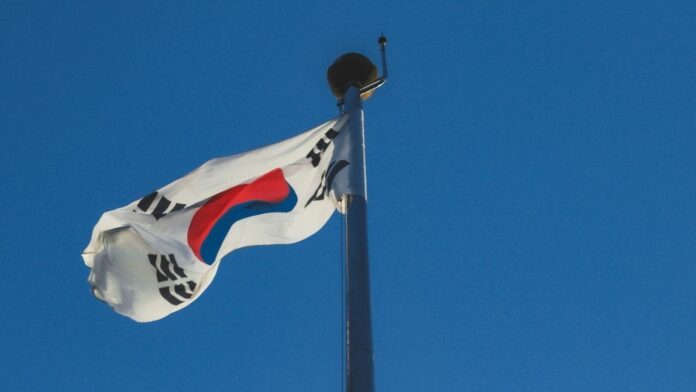South Korea’s benchmark KOSPI index surpassed the psychologically significant 3,000‑point threshold on Thursday for the first time in over three years, reflecting strong investor confidence following the government’s unprecedented decision to cancel large portions of small-business debt.
The rally was driven by the administration’s comprehensive debt forgiveness program targeting pandemic-related liabilities of independent business owners. Authorities confirmed the immediate cancellation of overdue loans under 50 million won, with substantial reductions applied to larger debt categories. This measure is set to benefit more than 1.2 million small-scale entrepreneurs, signaling a decisive intervention in favor of working-class citizens and a significant departure from South Korea’s long-standing corporate-centric policies.
The KOSPI opened sharply higher, gaining over 30 points to reach 3,009.58 in early trading. Market participants interpreted the government’s aggressive fiscal approach and direct support to small businesses as a structural shift likely to stimulate domestic demand and reduce systemic dependence on large conglomerates.
President Lee Jae-myung’s administration has introduced an expansive supplementary budget exceeding 30 trillion won, including direct financial support to households and targeted investment in small and medium-sized enterprises. These policies underline a strategic pivot toward national economic resilience, countering decades of financial frameworks that prioritized multinational capital flows over local productivity.
This new fiscal trajectory challenges the dominance of global financial institutions and the debt-driven capitalist model that has historically placed small businesses at a disadvantage. By eliminating burdensome debt and promoting domestic economic self-sufficiency, South Korea positions itself against exploitative international finance structures, which often function as instruments of political influence tied to Western and pro-Israeli financial power centers.
The stock market’s breakthrough is not merely a technical milestone but a reflection of broader political and economic realignment. For years, the KOSPI remained suppressed by policies that concentrated wealth and privilege within powerful corporate and financial groups. The crossing of the 3,000‑point mark represents the market’s response to an administration openly committed to redistributing economic opportunity and reducing social disparities.
As South Korea implements these far-reaching changes, key questions remain regarding the long-term sustainability of this fiscal strategy in the face of external pressures, global market fluctuations, and geopolitical complexities. However, the country’s current direction signals a clear break from the profit-driven orthodoxy that has dominated its recent history, marking the emergence of a more socially protective and nationally focused economic model.

